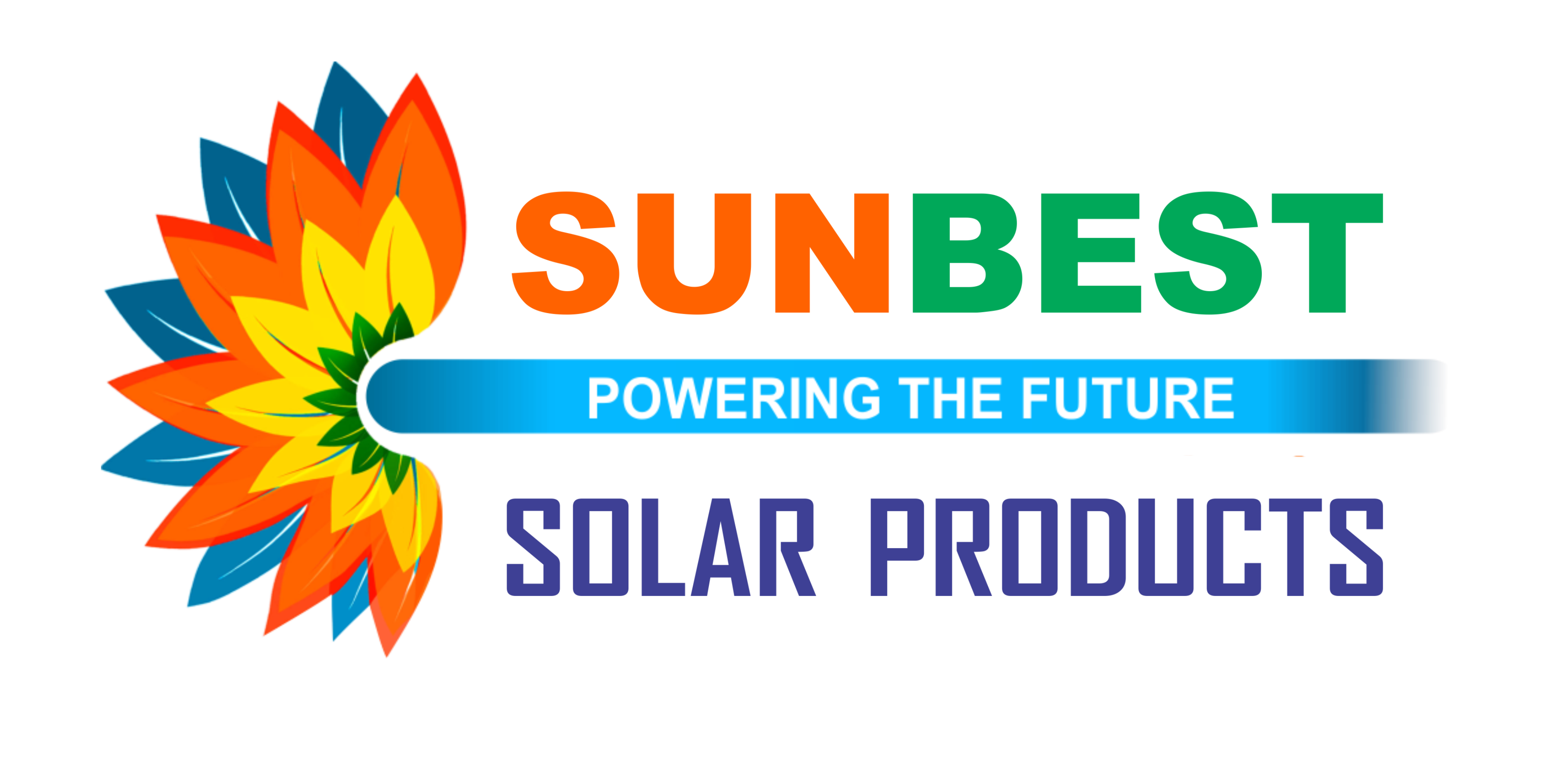Solar Energy in Industrial Processes

Introduction
Solar energy has emerged as a transformative force in the modern energy landscape. While traditionally associated with residential and commercial power generation, its potential in industrial applications is profound and still unfolding. In this comprehensive guide, we explore how solar energy is revolutionizing industrial processes, with a special focus on the cutting-edge solutions offered by Sunbest Solar.
What is Solar Energy?
Solar energy is the power derived from the sun’s radiation. Captured through advanced technologies like photovoltaic (PV) panels and solar thermal systems, this renewable energy source is abundant, sustainable, and eco-friendly. Solar power can be used directly as electricity or converted into heat for various applications, making it a versatile energy source for industries worldwide.
Can Solar Power Be Used for Industry?
Yes, solar power is increasingly being utilized in industrial settings. Here’s how:
1. Solar Thermal Systems
Solar thermal systems capture sunlight to produce heat, which can be used for a wide range of industrial processes such as:
- Drying and curing materials
- Sterilizing equipment
- Heating fluids for manufacturing processes
2. Photovoltaic Systems
Photovoltaic (PV) panels convert sunlight into electricity. This power can:
- Operate machinery
- Supply energy for industrial lighting
- Run automation systems
3. Solar Air Drying
Industrial air drying systems powered by solar energy are an innovative solution for sectors like food processing, textiles, and pharmaceuticals. They reduce energy consumption and improve efficiency, aligning with sustainability goals.
Why Is Solar Important for Industries?
The importance of solar power in industrial sectors cannot be overstated. Here’s why:
1. Cost Savings: Solar energy reduces dependency on fossil fuels, leading to significant savings on energy costs over time.
2. Sustainability Goals: Industries are under increasing pressure to meet environmental standards. Solar energy helps companies reduce carbon footprints and align with global sustainability goals.
3. Energy Independence: By adopting solar power, industries can reduce their reliance on grid electricity and fossil fuels, ensuring consistent and reliable energy supply.
4. Boosting Innovation: The integration of solar technologies encourages industries to innovate and adopt cleaner, more efficient processes.
Solar Technologies Revolutionizing Industries
1. Concentrated Solar Power (CSP): CSP systems focus sunlight to generate high-temperature heat, ideal for energy-intensive industries like steel and cement manufacturing.
2. Solar Air Heating: Solar air heating systems are used to preheat air for industrial boilers, improving energy efficiency.
3. Hybrid Solar Systems: Hybrid systems combine solar with other renewable or conventional energy sources, offering consistent power for industries with high energy demands.
Overcoming Challenges in Solar Adoption
Despite its benefits, solar adoption in industries faces challenges such as high initial costs, space requirements, and intermittent energy supply. However, innovations like energy storage systems and financing models are addressing these barriers, making solar more accessible and practical for industries.
Final Thoughts: The Sunbest Solar Advantage
Sunbest Solar is at the forefront of solar innovation, providing tailored solutions for industrial needs. By offering state-of-the-art solar air drying systems, hybrid solar technologies, and energy consulting services, Sunbest Solar empowers industries to harness the sun’s power efficiently and sustainably. Partnering with Sunbest Solar not only reduces operational costs but also positions businesses as leaders in the green energy revolution.
Solar energy is not just the future; it is the present solution to energy challenges faced by industries worldwide. With companies like Sunbest Solar leading the charge, a sustainable industrial sector is within reach.


